 Meet A Member | Sarah Keith NAVP prides itself on the quality and professionalism of its members. All of our veterinary physiotherapists are passionate about working with animals, but they are also academically robust. They must have a minimum of an undergraduate Honours degree in Veterinary Physiotherapy and commit to extensive CPD. We want to showcase our members’ diversity, qualifications and expertise, so each month we will be profiling one of our Veterinary Physiotherapists. Meet our co-chair, Sarah Keith. Name Sarah Keith Qualifications Post-Graduate level Veterinary Physiotherapy, BSc (Hons) in Animal Behaviour and Welfare. Affiliated Groups NAVP member and Co-chair, Animal Health Professions’ Register (under the Veterinary Physiotherapy sub-group) Place of work Owner of White Rose Veterinary Physiotherapy Where did your love of working with animals come from? SK: When I was little, our house was nicknamed “Noah’s Ark” because we were known for taking in and caring for any stray animals in our neighbourhood. We had a house full of pets and I’ve always preferred animals to people, so it was only natural that I went into this line of work. My mum was always animal orientated - although she told me to get a proper job rather than working in this field. I’m glad I ignored that advice completely! What has your career path been? SK: After getting my undergraduate degree in animal behaviour and welfare I worked for the RSPCA as an inspector and specialist equine officer for about seven years. I then went on to teach animal science, vet science and equine therapy and rehab. While I was teaching, I did my master’s degree in Veterinary Physiotherapy, and I’ve been running my own practice ever since. Why did you want to take the role of Co-Chair of NAVP? SK: As well as my experience of working with animals, I’ve also held management roles including one for a blue-chip company. It made sense to utilise that mix of experience to benefit NAVP as an organisation. Having been part of the Executive for a year and also sitting on a couple of committees for other charity organisations, it felt like a natural step to take on the role of Co-Chair. Why should a vet or animal owner choose an NAVP Veterinary Physiotherapist? SK: Vets and animal owners come to us because they know our members maintain the highest standards of professionalism. When our members qualify, they are day one competent, but we ensure they maintain those standards throughout their career in Veterinary Physiotherapy. We thoroughly assess all the applications that come into us and constantly check that our members are reaching the required standards through our category memberships. It doesn’t matter whether our members are working in the industry full-time in a practice or are sole traders – our category membership means they have that constant check in with us to bounce ideas, discuss cases and continue to operate to the highest level. What is your vision for NAVP going forward? SK: I want us to be nationally and internationally recognised as an organisation that really serves its members and professionally represents our industry. I want us to be known for being robust and rigorous in terms of membership criteria and for supporting our members with high quality CPD. We want our support to be all encompassing, not just on the clinical side, which is why we’ve launched a mentorship scheme to develop our members in all areas - such as business management for example. I want NAVP to have a reputation for listening to feedback and being communicative and supportive.
0 Comments
NAVP prides itself on the quality and professionalism of its members. All of our veterinary physiotherapists are passionate about working with animals, but they are also academically robust.
They must have a minimum of an undergraduate Honours degree in veterinary physiotherapy and commit to extensive CPD. We want to showcase our members’ diversity, qualifications and expertise, so each month we will be profiling one of our Veterinary Physiotherapists. Name Emma Box Qualifications BSc (Hons) Animal Science, PgDip Veterinary Physiotherapy, Level Three Diploma Human Sports Massage Therapy, Level Three Certificate Small Animal Hydrotherapy Affiliated Groups NAVP member What is current role? EB: I am the Head of Veterinary Physiotherapy and Rehabilitation at Willows, which is a veterinary centre and referral service based in Solihull. We provide everything you would expect from a human hospital, including an A&E and intensive care unit as well as 14 referral services. We’re open 24 hours a day, 365 days a week, so it's a pretty busy operation! I spend about 80% of my time with patients, while my role also involves working on the clinical leadership side of the hospital. Have you always loved working with animals? EB: I’ve always been obsessed with animals and I can't really remember a time that wasn’t the case - It just feels like it's been part of me and part of who I am. My mum was actually allergic to animals, so as a kid I didn’t have pets. I remember writing my mum a card saying I love you nearly as much as I love animals! I think the career path I’ve chosen runs a bit deeper and has more dimensions than just a love of animals though. I’ve always been fascinated by anatomy and how things move, while injuries and rehabilitation have always been quite familiar to me due to my sporting background - I was a competitive runner and gymnast as a youngster. So, all of those things combined have led me in the direction of Veterinary Physiotherapy. Do you have pets and what are they like? EB: I've got a little cat called Rocket and I’m getting a three-month-old kitten very soon which I’ve named Toast! I just love the way cats have their own cool personalities and nuances. I would say dogs are my professional passion, but cats definitely have my soul. What has your career path been? EB: I remember watching an episode of Bionic Vet (which is now Supervet) back in 2010 and I was just blown away by the level of work that they did at Fitzpatrick referrals – that element of ground-breaking surgery in a hospital setting. After that, I shadowed a human physiotherapist who explained how to get into the profession – from then on I was hooked! The next decision was to decide whether to train as a human physiotherapist and have post graduate training or do an animal related degree followed by postgraduate training. I took the latter option, which enabled me to become an NAVP member, as animals were always my priority and I wanted to study them from the very start of my career. I graduated in 2016 but realised that my ideal job of working in a referral centre didn’t really exist so I set up my own mobile Veterinary Physiotherapy service, building up experience with clinics that needed to outsource that service. Covid wiped out my business almost overnight, but thankfully I’d already managed to get my foot in the door at Willows. I was able to continue to offer them emergency Veterinary Physiotherapy services and Willows supported me through the pandemic which I’ll always be grateful for. Eventually, after being a contractor with them for a couple of years, they offered me a full-time job and I’ve been there ever since. What are your interests outside of work? EB: I am embarrassed to say that I am a Crossfitter! I think the links of being physically strong and mentally strong are hard to ignore, and as you get physically stronger, I think your mental resilience improves. Plus it's an amazing feeling chucking a weight around! I practice yoga a lot – the job can be stressful and yoga is one of the things that really helps with my well-being. I think also, being a little bit spiritual can be really helpful when you’re spending a lot of time in a science and corporate environment. I also like eating out and going to wine bars in Leamington where I live - to be honest, eating out is probably my main interest! What do you like about being a member of NAVP? EB: I think being human, we naturally desire connection and community and NAVP really offers that. Being a Veterinary Physiotherapist can be quite lonely sometimes, particularly if you're self-employed or you work alone. So it’s really important to be able to access likeminded individuals or people who are all trying to achieve the same goal together. On top of that, I really align to NAVP as they promote professional standards, and having high professional standards really resonates with who I am and how I practice as a Veterinary Physiotherapist. If you would like to join the NAVP community, click button: A huge thank you to all who attended the NAVP AGM, your support was much appreciated. We have had some amazing feedback which helps to spur us on to deliver a better association over the coming months.  It was the first time most of the exec have met face to face. Unfortunately, Matthew Scott, Daisy Huxtable and Sarah Powdrill-Wells were unable to attend but they are equally invested in their roles in the NAVP team. The @National Horse Racing Museum in Newmarket was the perfect venue for the AGM. Live streaming was stress free with our audio-visual team taking care of the techy stuff! We have worked closely over the past few months so it was a great opportunity to finally meet face to face. This allowed us to reflect and exchange ideas for the development of the association. We would like to thank everyone who attended and contributed to the AGM. We appreciate the time you committed to take part. Your votes were important in making the necessary changes that will allow NAVP to evolve and expand. We are hoping to share a recording for those who could not attend. Next year is the 40th anniversary! We are planning a celebration where we can meet all of you face to face. If you have experience in event management and would like to help please get in touch.
Why Choose an NAVP Veterinary Physiotherapist to Care for your Pet? There are many different associations for Veterinary Physiotherapy, so understanding which is the right association for you and your pet can be baffling. How can you be sure that the members have the correct qualifications, are passionate about the welfare of animals and are properly regulated? At NAVP, we pride ourselves on the quality of our membership and our shared aim of raising professional standards in Veterinary Physiotherapy and animal welfare. Passionate About Animal Welfare Our members are driven by a passion for working with animals. For many, the love of the household pet and spending time around animals in their formative years, has led to a lifelong ambition to care for animals in a professional setting. The vast majority have worked directly in Veterinary Physiotherapy from the outset, rather than transferring from working on humans initially. This means that the skills they have acquired allow them to make clinical decisions based on a wealth of knowledge, including anatomy, biomechanics and established Veterinary Physiotherapy techniques that have been developed specifically for animals. NAVP Veterinary Physiotherapists have honed their assessment skills, as unlike human therapy, we cannot ask the patient where the problem is. Whatever care your companion needs, whether post-surgery, geriatric, competition or general maintenance care, NAVP Veterinary Physiotherapists will tailor the care package for each animal and where necessary will work alongside your vet as a member of the team. Your NAVP therapist will be as invested in the welfare of your animal as you are! Highest Quality of Care for Your Pet NAVP members provide the highest quality of care thanks to their rigorous training, enabling them to deliver evidence-based techniques. The techniques delivered, equipment used and the clinical reasoning behind them is second to none. NAVP members must meet our strict criteria to qualify for NAVP membership. All our members must have a minimum of an undergraduate (BSc) Honours degree in Veterinary Physiotherapy, to ensure they are academically robust. Additionally, members must engage in Continuous Professional Development (CPD), always improving their knowledge and skillsets. It is imperative that our members continue to commit to their profession by never-ending self-development, so they can always deliver first-class care to their patients. Regulating New Members It is important that NAVP members deliver the highest standard of care from the outset. To ensure this, we have introduced category one and two memberships, which is incredibly effective in regulating our own members. This regulation means that, whether your Veterinary Physiotherapist is newly qualified or vastly experienced, they will be practicing to the standards that we expect and have been trained to deliver. A newly qualified member can join NAVP at Category Two status and then wait a year before they can apply to advance to Category One. To achieve this, they must produce a letter of recommendation from a vet they work with and two case studies for the Association to assess. This must include case histories, assessment details, physiotherapy care plans and a reflection on the outcome of the cases. Our process ensures new NAVP Veterinary Physiotherapists - some of whom may be working independently - have their skill levels reinforced as much as someone who is working alongside experienced Veterinary Physiotherapists and/or Veterinarians in a clinic set-up. In addition, we offer an ongoing professional support network where members can confidentially discuss their assessment process and clinical reasoning, ensuring that standards are optimised across our membership. Regulation and Discipline NAVP members have the equivalent level of qualification as an ACPAT (Association of Chartered Physiotherapists in Animal Therapy) member, or indeed anybody in an equivalent human healthcare setting. No Charter exists for Veterinary Physiotherapy, so NAVP maintains a strict level of membership requirements to ensure animal welfare and professionalism in Veterinary Physiotherapy. The Veterinary Physiotherapy title is not protected by law at present. This makes NAVP membership status even more important to ensure standards are being met. You can have peace of mind that NAVP members have met the minimum requirements in recognised qualifications, comprehensive relevant insurance cover, CPD hours and are bound by our Code of Conduct. Like all the animal therapy associations we encourage our members to choose to be voluntarily regulated with one of the registers – RAMP (Register of Animal Musculoskeletal Practitioners) or AHPR (Animal Health Professions Register). This level of regulation allied to robust educational requirements and the commitment to CPD, means our members are in the best place possible to serve vets and owners. #ChooseNAVP
|
AuthorNAVP Archives
June 2024
Categories
All
|
The Association |
Services |
|
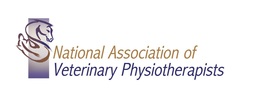




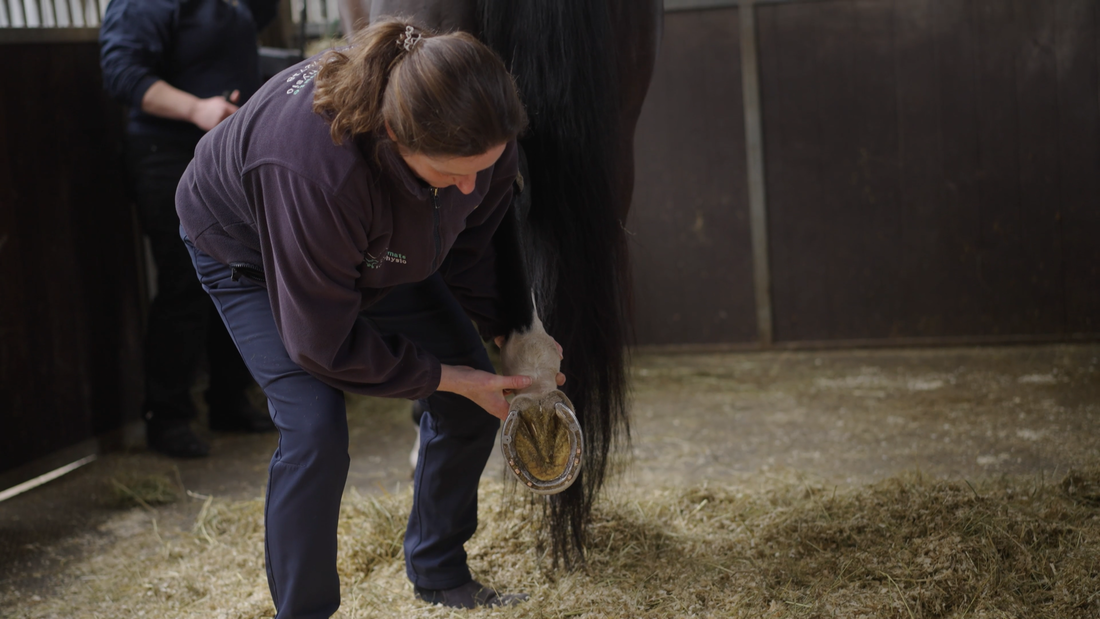
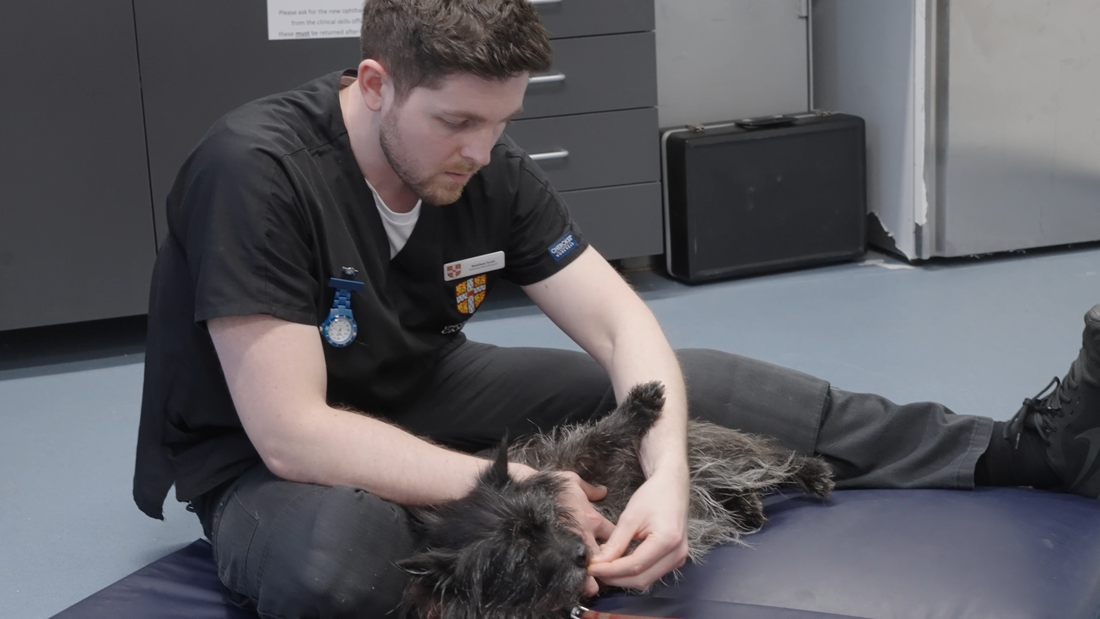
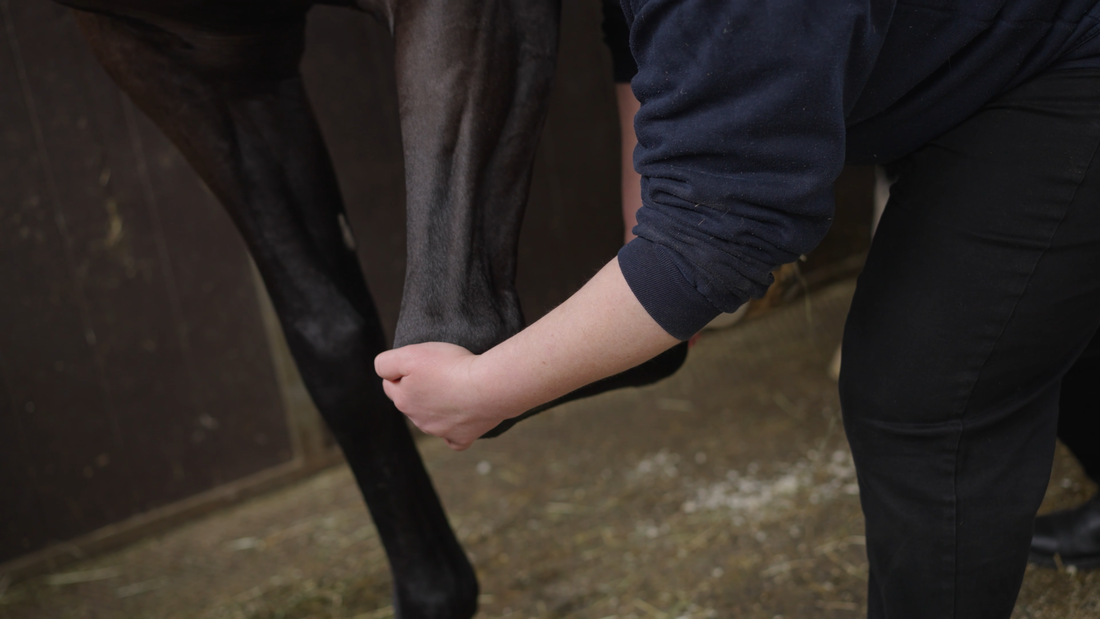
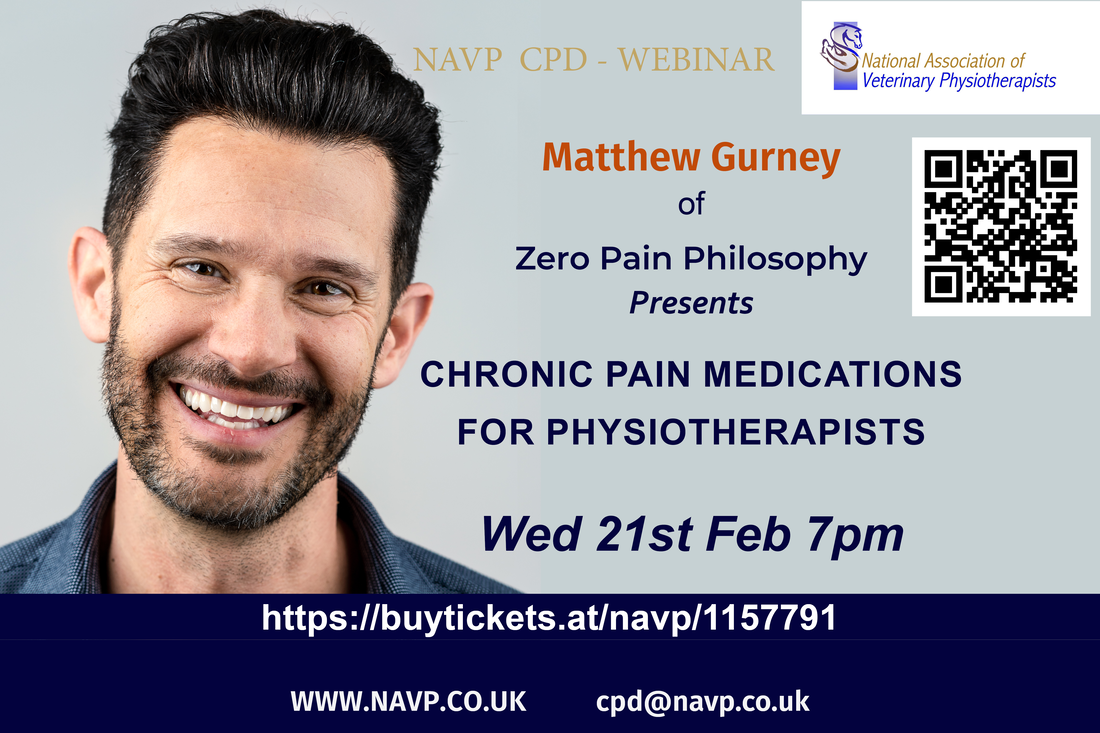

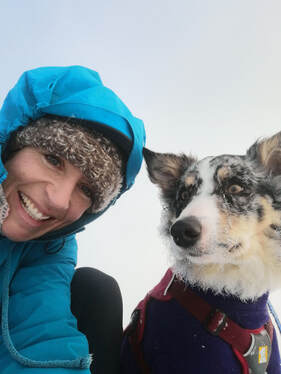
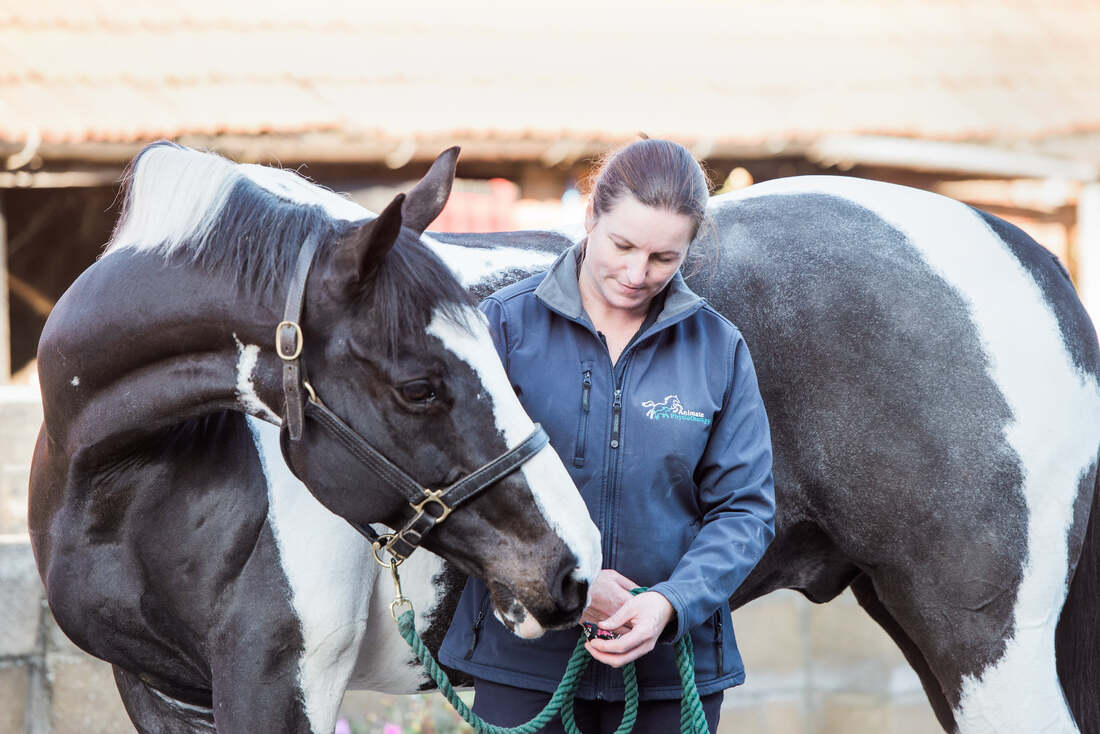
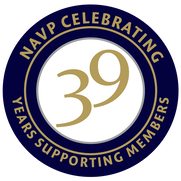
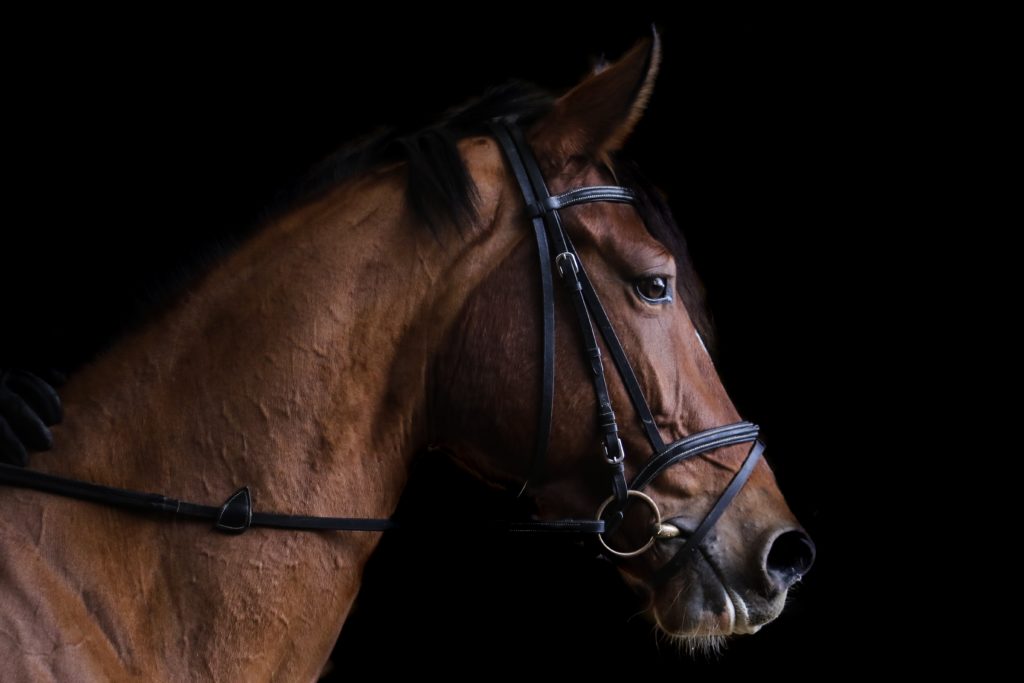
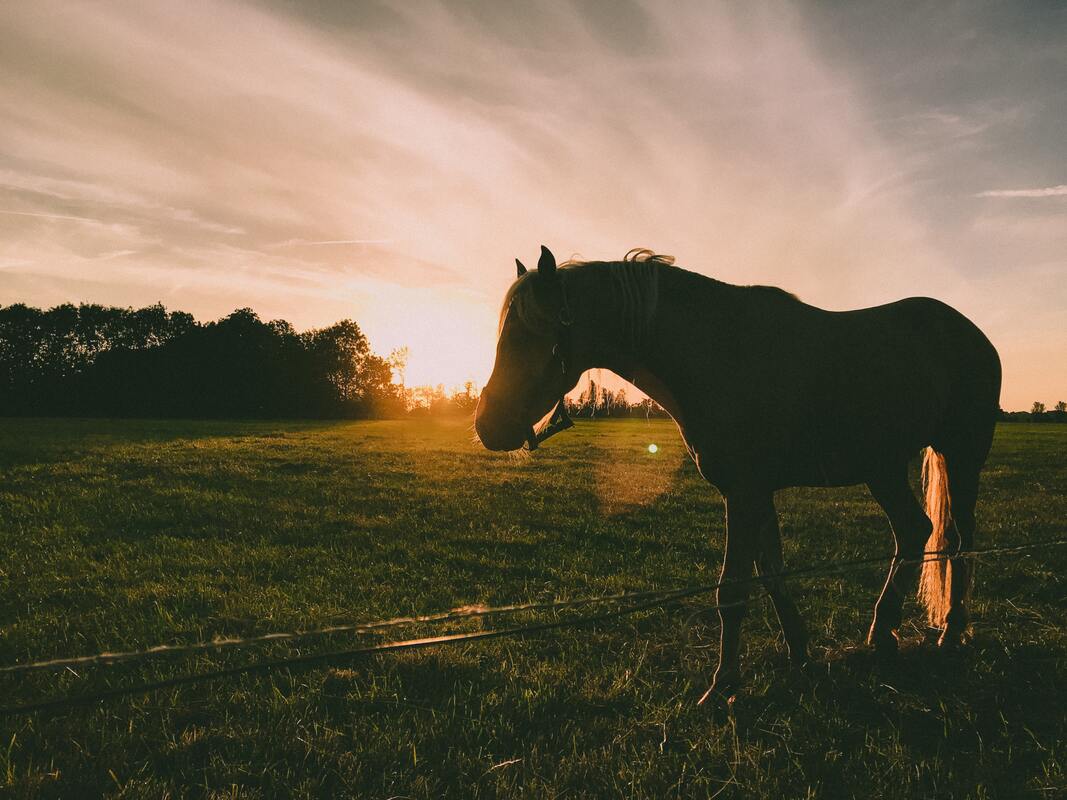
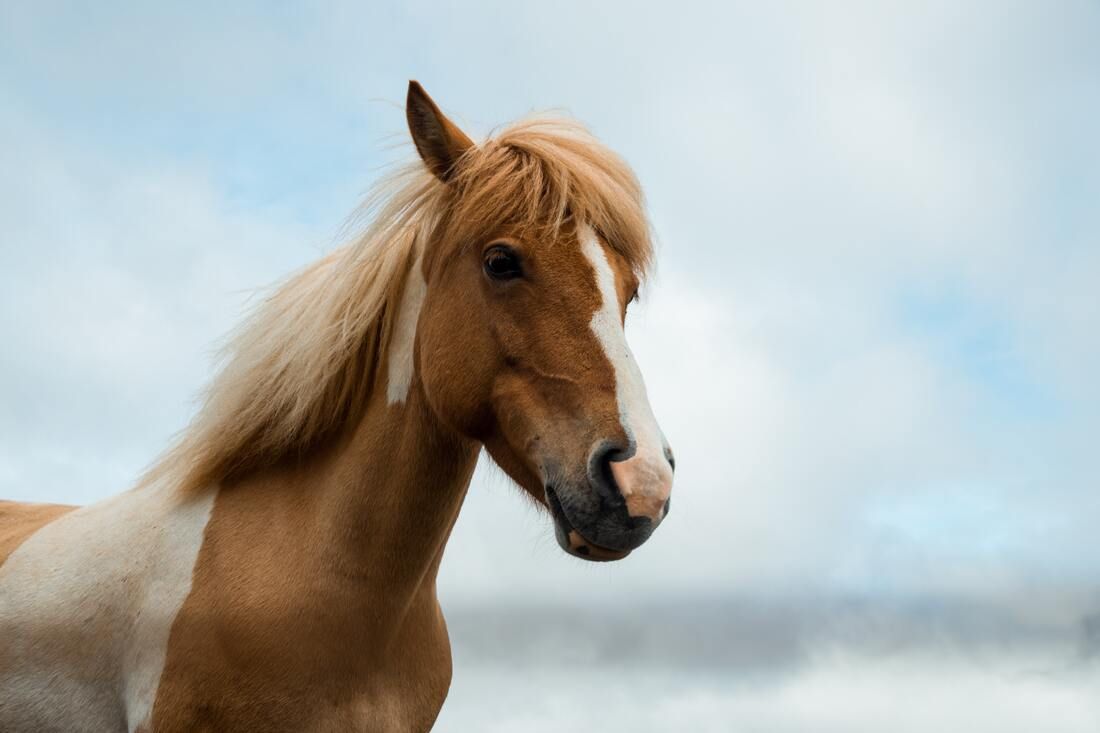
 RSS Feed
RSS Feed